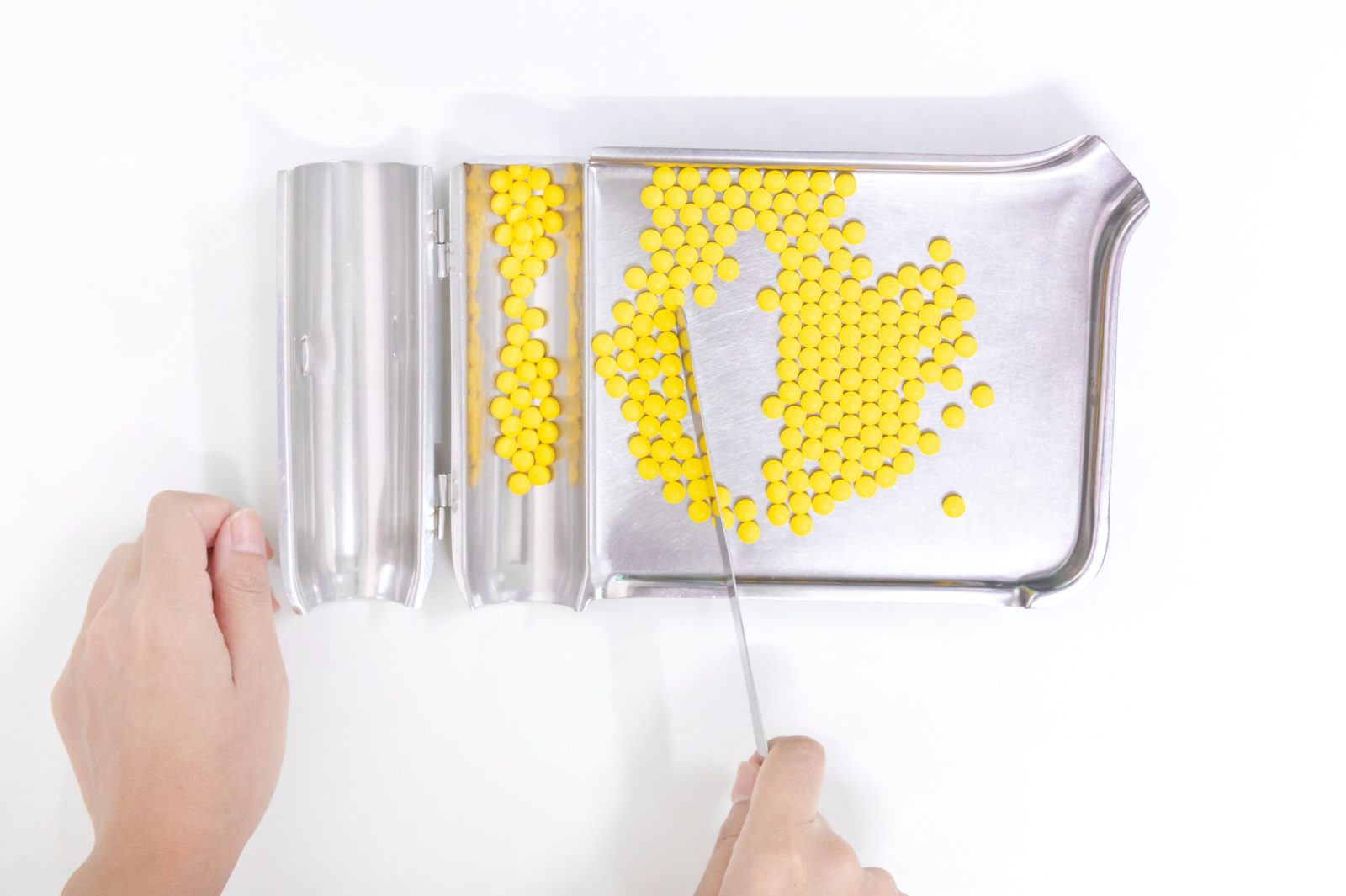The plan of the Czech Minister of Health, Vlastimil Válek (TOP 09), to reinstate penicillin production in the Czech Republic is facing significant obstacles. According to Filip Vrubel, the Director of the Czech Association of Pharmaceutical Companies (ČAFF), manufacturers receive a mere 60 to 130 Czech crowns for a pack of this antibiotic, making it difficult for European companies to compete with their Asian counterparts. Reviving production, as per Vrubel, should be considered at a pan-European level.
Válek expressed his interest in revitalizing domestic antibiotic production, especially penicillin, which has recently become challenging to acquire in the market. He emphasized the necessity to ensure production within the Czech Republic, especially for drugs heavily consumed domestically and abroad, using penicillin as a prime example.
The Minister plans to approach potential producers, extending beyond pharmaceutical companies to research institutions, universities, and specific university hospitals. Negotiations are in their early stages, aiming to evaluate various possibilities in compliance with the legislative requirements for drug production, as stated by Ondřej Jakob, spokesperson for the Ministry.
Vrubel stresses the importance of identifying the specific phase of penicillin production to be brought to the Czech Republic. This can range from producing the active ingredients (API) alone, manufacturing tablets from supplied APIs, to the final assembly of tablets and packaging. He added that the earlier the production phase, the more intricate and costly it becomes in terms of necessary approvals.
According to ČAFF, addressing drug production at a pan-European level is more viable. Investing in similar production phases of identical drugs across individual countries economically and in terms of strategic self-sufficiency does not make sense, says Vrubel.
Penicillin and its medicinal effects were discovered in 1928 by British microbiologist Alexander Fleming. Production of penicillin in Czechoslovakia began in 1949. However, the challenges arise from the inability of European companies to compete with Asian manufacturers due to higher production costs and stringent environmental and labor regulations. This, coupled with limited support for drug production in the Czech Republic, further hinders the feasibility of domestic penicillin production.
The availability of antibiotics, including penicillins, has faced chronic issues exacerbated during the COVID-19 epidemic due to disruptions in production chains. Future amendments to the Medicinal Products Act are expected to improve drug supply and equitable distribution among pharmacies based on previous consumption patterns.









